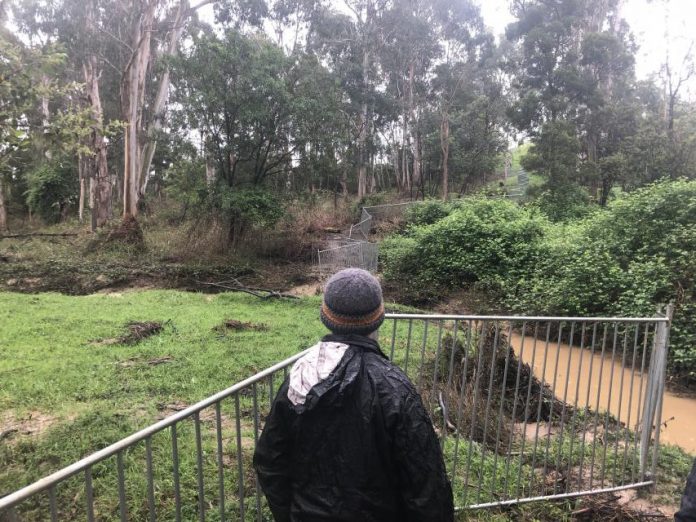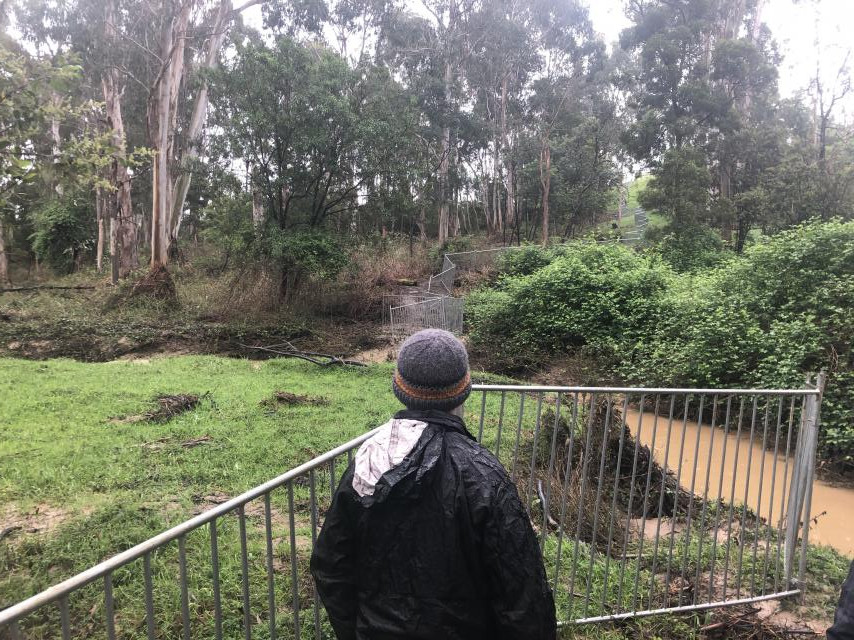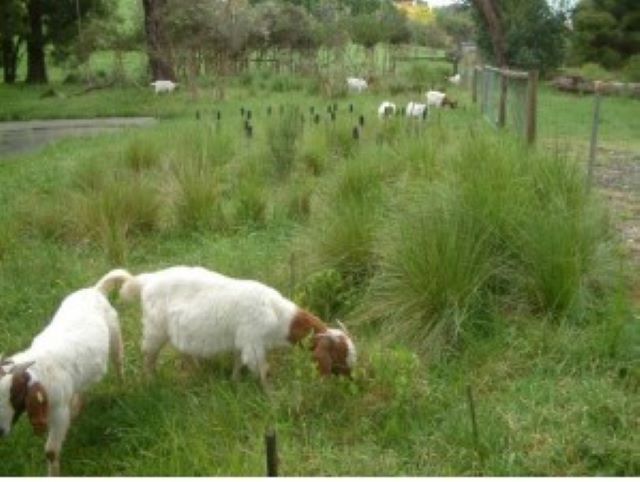By Dongyun Kwon
Melbourne Water will recognise and appreciate volunteerism in the Greater Melbourne region on International Volunteer Day, Tuesday 5 December.
Melbourne Water has in partnership with local voluntary organisations through the grant programs.
Melbourne Water Regional Landcare Coordinator for the Port Phillip and Westernport region Barry Kennedy said it was important to support community partners who were delivering environmental goals including the Healthy Waterways Strategy.
“Environmental volunteers are very passionate about improving their local environment,” he said.
“As a well-resourced entity like Melbourne Water, which is funded quite well through the government and essential services legislation, it’s important to support them on their pathway because they’re the people on the ground who know their regions well.”
The Northern Yarra Landcare Network, one of Melbourne Water’s partners, is a volunteer-led organisation that plays a vital role in conserving and enhancing biodiversity in the Yarra Valley.
“Our partnership [with the Northern Yarra Landcare Network] has been ongoing and we try to support their work in anything from planting native species and doing weed works to running field events,” Mr Kennedy said.
The Northern Yarra Landcare Network is a network of Chum Creek, Steels Creek and Dixons Creek Landcare groups, started in 2011 after the Black Saturday bushfires.
Northern Yarra Landcare Network President John Birse said they found the need for an action for the blackberries and noxious weeds after the bushfires.
“The Black Saturday bushfires actually prevents erosion of the blackberries which become noxious weeds,” he said.
“Some of the blackberries were about 10 feet high or more and we found manna gums (eucalyptus viminalis) which were being threatened by them, also, we’ve got certain disused vineyards which have been infested with blackberries and they have spread from one property to the next.
“So we’d try to be as proactive as possible to eradicate as many blackberries as possible to help vineyards’ owners to get their farm back.”
To deal with this situation, the Network has begun the Weed Action project and run workshops explaining non-chemical methods to dig out the blackberries.
One of the ways is grazing goats to eat blackberries down.
Mr Birse said local people were amazed by the goats which knocked down high blackberries.
“People would have had to use a lot of chemical spray to get rid of the weeds. To reduce the use of chemicals, we thought of using goats. We built up the fences and put about 20 goats in there,” he said.
“So far less use of chemicals was required because of the use of goats.”
In ‘Northern Yarra Landcare Network | From the Ground Up: Stories of Landcare’ video on the Melbourne Water’s Youtube channel, local winegrower Matthew Davis said he loved the nature and the environment of his vineyard area.
“There’s not just our business, but also the land that we’re caretakers of here and ensuring that the land is in a better condition when we leave it for our kids and our next generation,” he said in the video.
“We really don’t like using herbicides, so we minimise the herbicide usage.
“Landcare is great with this stuff because it’s all working together as a community, as neighbours. It’s amazing.”
In the same video, landowner Ros said the land has been in her family for over 100 years since her grandparents.
“Pa farmed until he was 98. So, by the end of his life, there was not a lot of farming being done. There were a lot of blackberries and weeds,” she said in the video.
“We didn’t have the capacity to do it and we also didn’t have any advice on what to tackle and how to do it.
“But, having Landcare and being able to talk to people about how to improve it is really great and now it’s starting to feel like we’ve really made headway.”
Mr Birse said he wanted to highlight the importance of the grassroots effort in supporting landcare.
“If we leave it up to companies’ instrumentalities to do this work, it would cost a lot of money.
“On the Bass Coast, we found that for every dollar that’s invested in landcare, we get a $17 return, that’s a massive return from using local volunteers.
“If it wasn’t for volunteers, we wouldn’t have the support we get from other organisations including CFA.”









